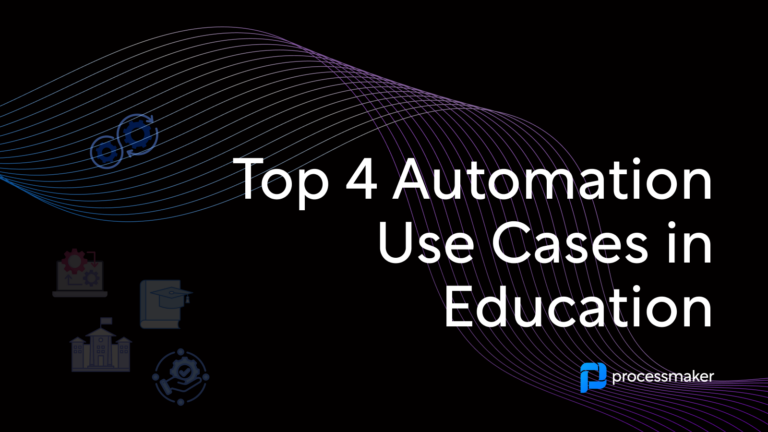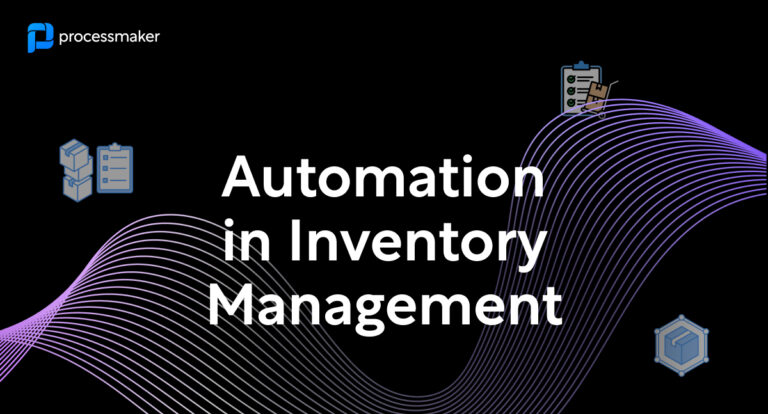Customers, suppliers, remote employees, business partners, and even places outside of the company’s headquarters require durable, always-on systems to get their jobs done. The practice of using technology to automate typical corporate processes is known as automation. Automation is a proven approach for improving organizational agility and simplifying processes that might otherwise be wasteful.
However, most locally-hosted automation systems need a significant upfront cost, set-up time, and ongoing maintenance. As an alternative, most cloud-based automation products are ready to use right out of the box, requiring just a one-time registration and some basic configuration.
Despite overwhelming evidence that cloud-based process automation is superior, many apprehensive, late adopters fear change. Nonetheless, every day that cloud-based process automation is not deployed is a day that productivity is lost.
Reliability of process automation in the cloud
The State of Workflow Automation report found that 25% of respondents spent approximately 20 hours per week on manual tasks.
However, cloud-based business process automation vastly outperforms that of traditional technologies. The web-based approach is significantly more versatile and easy to modify and use. Processes can run smoothly and fast due to the endless pool of resources (storage, networking, and computing).
Cloud-based automation solutions provide a more trustworthy and consistent experience due to their extensive features. What can you expect? 99.99% uptime. Also, it is a much more dependable solution relative to outdated BPA systems.
Scale process automation as needed
Cloud workflows allow organizations to adapt quickly to changing business demands without incurring expensive upgrades. Because of its flexibility and agility, a cloud-based BPM strategy promotes a faster time to market for a company’s strategic technical items and services. BPM in the cloud also reduces the time required to implement a BPM solution.
Customizable based on your company’s requirements
With legacy systems, you don’t always have the freedom to customize procedures. As a result, you must build your processes around their limited capabilities. In addition, you’ll have to create manual workarounds to compensate for the missing functionality.
On the other hand, unlike on-premise systems, cloud operations are straightforward and customizable. Cloud-based workflow platforms use drag-and-drop visual builder capabilities for customization. Corporate customers may also alter any functionality to build a unique process flow that meets their specific needs.
Broaden compliance and security protocols
In the cloud, control is more centralized, and information is more easily accessible. Noncompliance with industry regulations and various laws may induce tremendous expenses for organizations worldwide. Fortunately, cloud-based automation solutions contain a range of security measures, such as data encryption, role-based accessibility, conditional visibility, and more, to ensure that your company does not compromise sensitive data unintentionally. Also, with role-based permissions, you can set rules where only individuals with explicit permission to access sensitive documents have access to them.
Hence, cloud-based automation makes it easier for businesses to stay compliant. Each time an automated operation runs, the log records the identities of task performers, task specifications, and the duration in which they were completed. These documents can be vital during audit trails and offer greater ability to demonstrate compliance when needed.
Enhance collaboration
A cloud-based automation platform promotes collaboration and adds value to the whole workflow, from inspiration to execution. Your team can meet KPIs more successfully, and remove siloes. Further, cloud-based automation improves process visibility through customized dashboards. Thus, your team can use these in-depth studies of process performance to highlight areas for improvement.
Also, it keeps teams informed consistently about task assignments while also fostering accountability.
Cloud reduces the overall cost of ownership
By selecting a cloud-based business automation solution, you forego the need to spend additional resources on software or hardware that will depreciate and become obsolete over time. Further, you don’t pay for hardware or software upgrades. Additionally, you don’t have to hire onsite staff to manage your cloud-based automation platform.
Increase employee satisfaction
Many organizations often make the mistake of increasing employees’ workloads due to inefficient systems. Yet, there’s no need to ask your employees to work extra hours if you use cloud-based automation since you can automate most time-consuming and difficult activities. Because approvals are faster, teams don’t have to waste time waiting for them or reminding supervisors. Also, protocol transparency assists in recognition of high performers. By freeing up bandwidth, automation can encourage team members to innovate and improve how they work.
Allowing your staff space and autonomy will enable them to be more creative and imaginative. This is certainly beneficial for your company.
To summarize
Cloud-based automation improves your organization’s operational performance and reduces churn from both employees and customers. Exhausted employees do not provide their best work. Thus, it is clear why process automation in the cloud is superior.
ProcessMaker is a low-code digital process automation platform that features drag-and-drop form builders and visual workflows to make creating processes of varying levels of complexity more straightforward.





